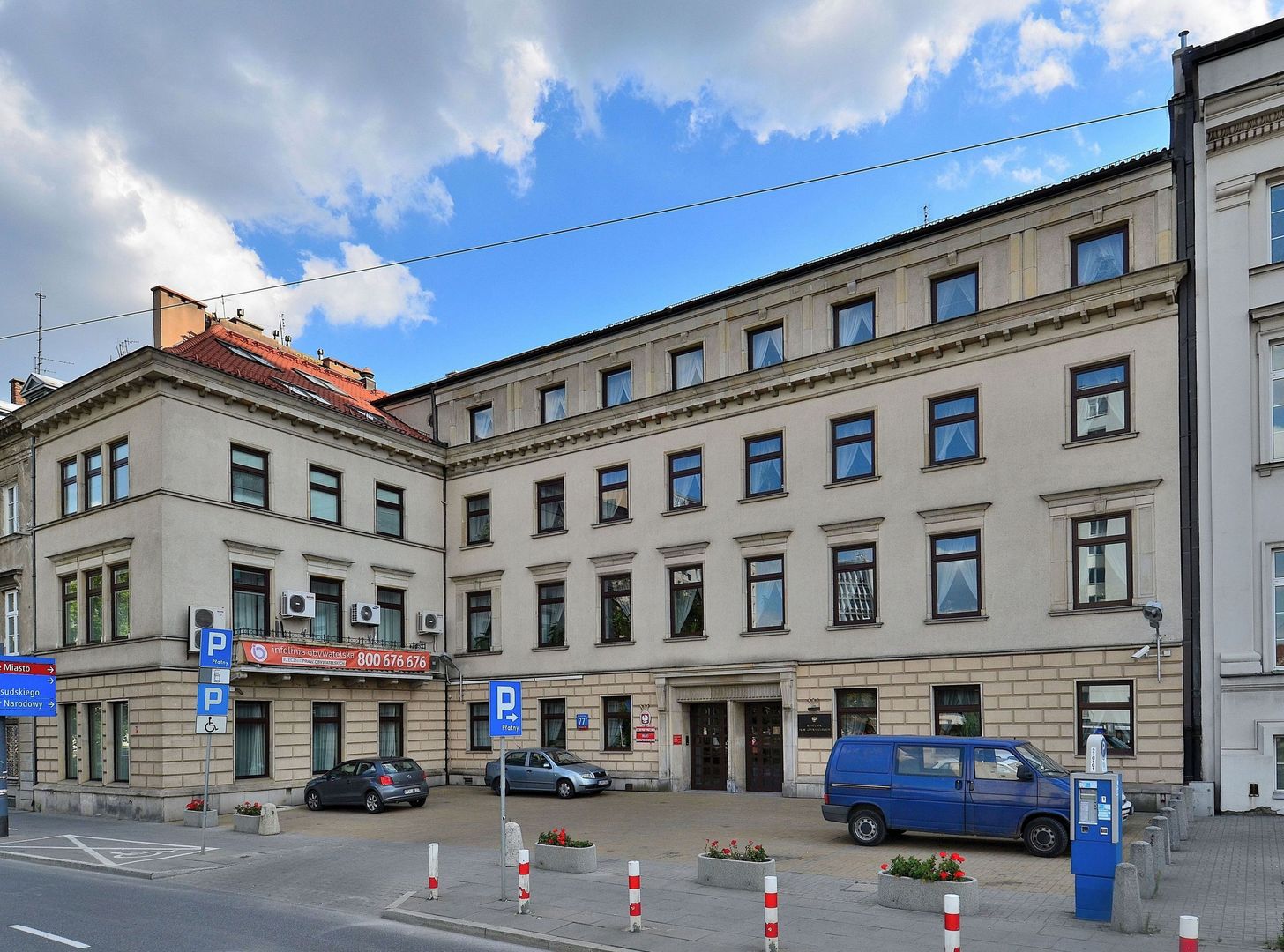Commissioner for Human Rights
6.57

Overview
The Commissioner for Human Rights (Rzecznik Praw Obywatelskich, RPO) is a single-person state body in Poland, established in 1987, which began its operations on January 1, 1988. The first person to hold this position was Ewa Łętowska, and the current Commissioner is Marcin Wiącek. The RPO operates based on the Constitution of the Republic of Poland and the Act of July 15, 1987, with its main headquarters located in Warsaw at "Solidarności" Avenue. The Commissioner is assisted by deputies and the Office of the Commissioner for Human Rights, which has regional representatives in various parts of the country. The Commissioner is elected by the Sejm (the lower house of parliament) and requires the consent of the Senate, with a term of office lasting 5 years and the possibility of serving a maximum of two terms. The Commissioner for Human Rights safeguards freedoms and human rights, taking action both upon citizens' requests and on their own initiative. Citizens can approach the Commissioner in cases involving violations of civil rights, and their activities include inspections of detention facilities. The Commissioner also has the authority to submit motions to legal bodies and monitor compliance with equal treatment principles. Since 2006, the Paweł Włodkowic Award, named after the medieval Polish diplomat and scholar, has been granted by the Commissioner to honor individuals and organizations working for human rights. In 2017, the RPO's expenditures amounted to 37.07 million PLN, with an average employment of 289 people. The Commissioner regularly reports on their activities to the Sejm and the Senate, contributing to the promotion and protection of citizens' rights in Poland.
Location
Tickets
Powered by GetYourGuide
2026 Wizytor | All Rights Reserved